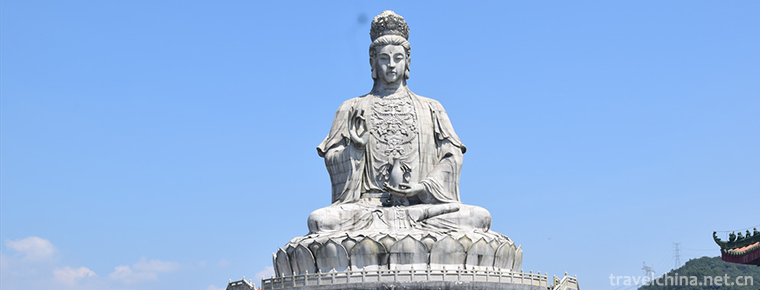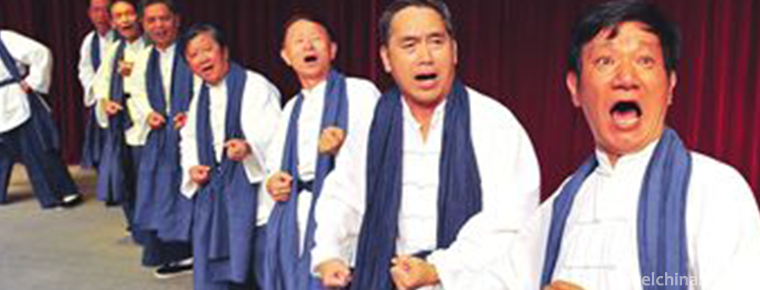2018-12-22

- By ChinaWiki.net
- Chinese Edition
- 2020-12-12
Cross stitch of Chinese embroidery
The earliest cross stitch was embroidery on animal fur fabrics with silk extracted from silkworm cocoons. Later, it was used to decorate clothes and furniture. Cross stitch, with its simple embroidery method, noble and gorgeous appearance, exquisite and elegant, unique style, soon became popular in European courts and became the first choice of leisure and entertainment for royal families and nobles. Later, it was gradually introduced into the folk. It is widely spread in Europe, the United States and Asia and other countries and regions. After hundreds of years of development, the basic materials of cross stitch are pure cotton embroidery thread, grid fabric made by special technology and design drawings. Embroidery threads of various colors are numbered, and each pattern is specially processed by the designer. Each design draft is made according to the line number. Even if it is a very complex pattern, as long as the position of the design draft is selected appropriately When the thread of embroidery can be completed. As it is an easy to learn and understand handicraft hobby, but also an art innovation, it is very popular, loved by people of different ages.
Four famous Chinese embroidery
The four famous embroidery of China and the Han people are Suzhou embroidery. Embroidery, known as needle embroidery in ancient times, is a kind of technology that uses embroidery needle to guide color thread, embroiders and transports needles on textiles according to the designed patterns, and forms patterns with embroidery traces. As a wide range of regional handicrafts, embroidery has its own advantages and advantages through long-term accumulation and development of various countries and nationalities. In addition to the four famous embroidery of Han nationality, there are Beijing embroidery, Lu embroidery, Bian Embroidery, Ou embroidery, Hangzhou embroidery, Han Embroidery, min embroidery and other local famous embroidery in China, while ethnic minorities such as Uygur, Yi, Dai, Buyi, Kazak, Yao, Miao, Tujia, Jingpo, Dong, Bai, Zhuang, Mongolian, Tibetan and other ethnic embroidery also have their own characteristics.
The name of the four famous embroideries was formed in the middle of the 19th century. Besides its artistic characteristics, another important reason is the result of embroidery commercialization. Due to the different market demand and producing areas of embroidery, embroidery crafts as a commodity began to form their own local characteristics. Among them, Suzhou, Sichuan, Guangdong and Hunan are the four places where embroidery products have a wide market and great influence, so they are called "four famous embroidery".
Ask a Question
Your email address will not be published.



0 Questions